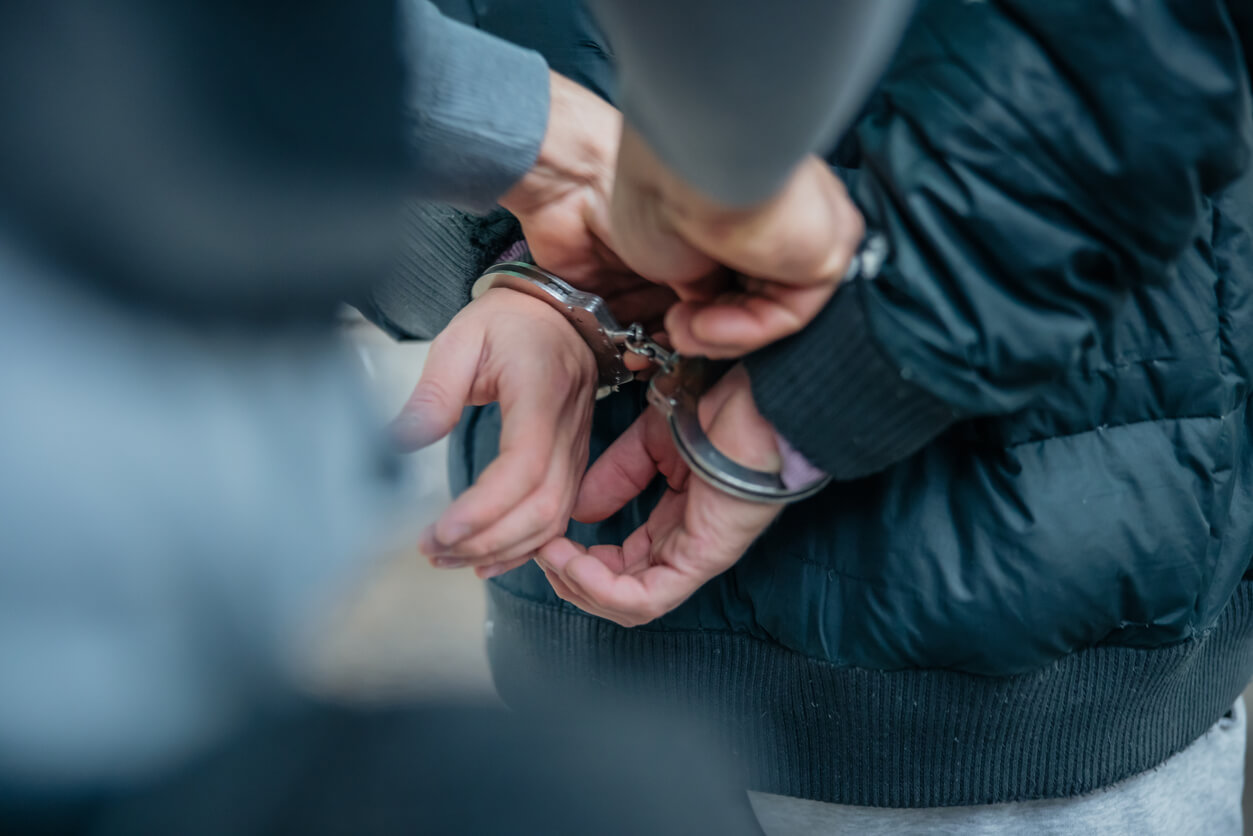The legal process of a criminal case in Washington state is complicated, but a Washington criminal defense attorney can help you navigate the various steps and fight aggressively for the best possible outcome in your situation. Every case is different, but considering the multiple negative consequences a criminal conviction can have on your life, hiring a lawyer from the very beginning could be a smart decision.
Initial Stages of a Criminal Case in Washington State
After the police investigate and identify a suspect, law enforcement might file a case in court if they have not yet arrested the suspect. If a suspect gets arrested, law enforcement has 48 hours to find probable cause. If they cannot find probable cause within 48 hours, they must release the suspect.
If they do find probable cause, the prosecutor will review the case. At this point, the prosecutor has three options:
- Send the case back to law enforcement for additional investigation.
- Decline the case based on insufficient evidence.
- File the case in court.
The type of charge will determine where the case gets filed.
Case Filed in Washington State Court
Misdemeanors get filed in Washington State District Court or a city’s Municipal Court while felonies get filed in Washington State Superior Court for the county where the crime allegedly occurred. For both misdemeanors and felonies, there will be an arraignment at which the defendant pleads not guilty, and the court will address the conditions of release and set a bail amount for the defendant to post in order to be released. Your attorney cannot bring a motion to reduce bail or change other conditions of release unless they can show a “change in circumstances” from when the initial bail determination was made.
Process for a Misdemeanor in Washington State
Once the arraignment has been completed, a future court date will be set for a pretrial hearing (also called a case-setting hearing in some courts). At the Pre-Trial Hearing, the case could get set for a plea, for motions, for trial, or simply continued to another Pre-Trial date because one or both sides need more time to engage in plea negotiation or to investigate the case. The prosecutor and defense attorney will each engage in their own investigations and negotiate with each other.
If a defendant enters a guilty plea, after which there will be a formal plea hearing and sentencing. Sentencing hearings are almost always set after the plea hearing for felony cases. For misdemeanors, the plea and sentencing often occur in the same hearing. If the plea remains Not Guilty after further investigations and negotiations, the case may be set for a Motions Hearing, if there is an issue to be litigated before the trial starts. Defense counsel might argue to suppress some of the evidence if it was obtained in violation of the defendant’s rights. The prosecutor might seek to add charges to the case if the investigation revealed additional suspected crimes.
Eventually, if there is not a guilty plea, the criminal case will go forward to a jury trial. There are three possible outcomes from a jury trial in Washington State:
- The jury finds the defendant not guilty of the charges.
- There is a mistrial or hung jury, which often results in further plea negotiations or a subsequent trial.
- The jury finds the defendant guilty of one or more of the charges, after which there will be a sentencing.
These steps are the usual process in most criminal misdemeanor cases in Washington State. There can be some variations from one case to another.
Procedures for a Washington State Felony
After the Arraignment in the Washington State Superior Court, there will be an Omnibus Hearing. The Omnibus Hearing is similar to the Pre-Trial Hearing for misdemeanor cases. At the Omnibus Hearing, the case could get continued, set for a plea, set for motions, or set for trial.
When a defendant enters a guilty plea, they will have a Guilty Hearing, followed by a Sentencing Hearing. If the defendant continues to plead Not Guilty, there will be one or more motion hearings, then a jury trial. The jury in a felony case in Washington State can reach a verdict of guilty or not guilty, or there could be a mistrial or a hung jury.
You can talk to a Washington State criminal defense attorney about your legal options if you get charged with a felony or misdemeanor in Washington State. Get in touch with Jennifer today for help with your case.
DISCLAIMER: This post is intended to share my perspective, insights, and some general information on various aspects of criminal cases. It is not legal advice and is not intended to substitute for legal advice. You should consult an attorney to obtain legal advice for your individual situation and case.

